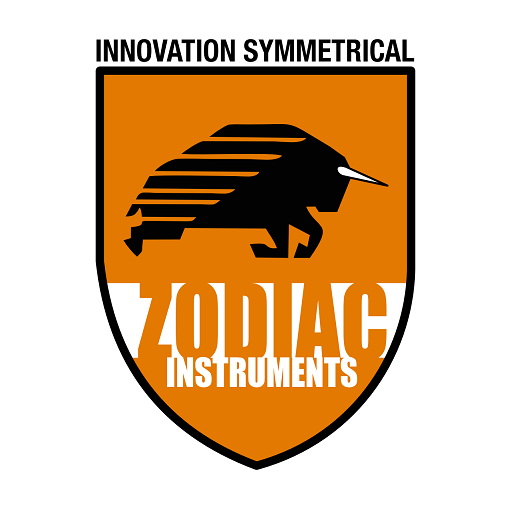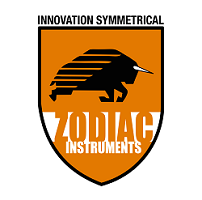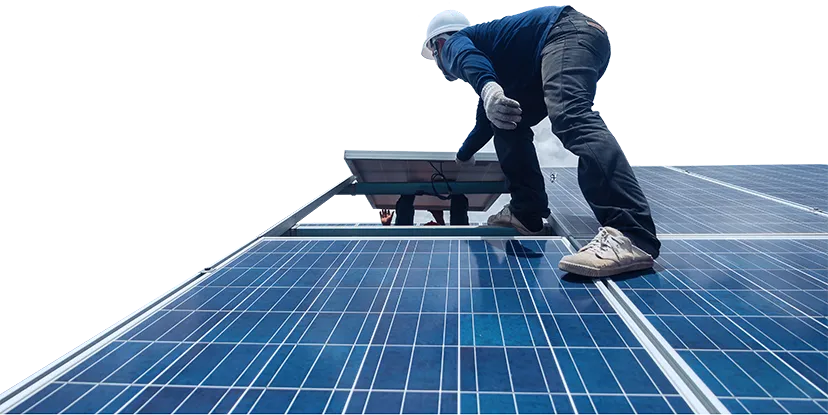Maintenance and Repairs
Maintenance and repair of renewable energy equipment are crucial for ensuring the longevity, efficiency, and optimal performance of renewable energy systems, including solar, wind, hydro, and other green technologies. Proper maintenance helps to minimize downtime, avoid costly repairs, and extend the lifespan of the equipment. Here’s an overview of maintenance and repair activities for different types of renewable energy systems:
- Solar Energy System Maintenance and Repairs
Solar photovoltaic (PV) systems are relatively low-maintenance, but periodic checks are necessary to ensure optimal performance.
Maintenance Tasks for Solar Systems:
Cleaning Solar Panels: Dust, dirt, snow, and other debris can accumulate on solar panels, reducing their efficiency. Cleaning panels periodically, especially in areas with high dust or pollution, is essential. Typically, cleaning is done 1–4 times a year, depending on environmental conditions.
Inspecting Inverters: The inverter converts the DC electricity generated by the solar panels into AC electricity. Inverters are a critical component, and regular checks should be done to ensure they are operating correctly. Inverters usually need maintenance every 3–5 years.
Monitoring System Performance: Many modern solar systems include monitoring software that tracks energy production. Regularly monitoring performance can help identify any inefficiencies, underperformance, or faults in the system
Battery Maintenance (if applicable): For solar systems with battery storage, regular checks are needed to ensure the batteries are functioning well. This includes inspecting the battery’s charge cycles, health, and ensuring proper temperature control. Battery maintenance also involves cleaning the terminals and ensuring no corrosion is present.
Electrical Wiring and Connections: Inspecting wiring and connections for wear, corrosion, or damage is essential. Loose or corroded connections can lead to inefficiency or even safety hazards.
Repairs for Solar Systems:
Panel Replacement: If a panel is physically damaged (e.g., cracked due to hail or impact), it may need to be replaced. Typically, solar panels have warranties of 25 years, but physical damage may require earlier replacements.
Inverter Repairs: Inverters may need repairs or even replacement over time, especially if there is a malfunction in the conversion of energy. Inverters typically last 10–15 years.
Electrical Component Repairs: Issues like tripped breakers, faulty wiring, or damage to junction boxes can occur and need prompt attention to avoid system failure or fire hazards.
- Wind Energy System Maintenance and Repairs
Wind turbines require more extensive maintenance due to their mechanical and electrical components.
Maintenance Tasks for Wind Systems:
Lubricating Moving Parts: Wind turbines have moving components, like the gearbox and bearings. Regular lubrication is crucial to reduce wear and ensure smooth operation.
Inspecting Blades: Wind turbine blades can suffer from erosion, especially in harsh weather conditions. Periodic inspections for cracks, dents, and wear are essential. Blade repairs or replacements may be needed if they sustain damage.
Checking the Gearbox and Generator: Regular checks of the turbine’s gearbox and generator ensure that they are functioning properly and that no overheating or mechanical failures are occurring
Electrical System Maintenance: Wind turbines have electrical systems that need periodic inspection, including wiring, transformers, and converters. Issues with the electrical system can lead to inefficiency or shutdowns.
Condition Monitoring: Many modern wind turbines are equipped with condition-monitoring systems that provide real-time data on turbine health, helping to predict and prevent potential failures.
Repairs for Wind Systems:
Blade Repair or Replacement: If blades are cracked, chipped, or otherwise damaged, repairs or replacements are needed. Blade repair is a specialized task and may require a crane or other heavy machinery.
Gearbox and Bearing Repair: Over time, wear and tear on the gearbox or bearings may necessitate repair or replacement. These repairs can be costly and require significant downtime.
Generator and Electrical Repairs: If the turbine’s generator or electrical system is malfunctioning, it may require either on-site repair or, in some cases, part replacement.
- Hydropower System Maintenance and Repairs
Hydropower systems, including small-scale and large-scale plants, rely on turbines, generators, and water systems, which require regular maintenance.
Maintenance Tasks for Hydropower Systems:
Inspecting Turbines and Generators: Turbines and generators must be checked for signs of wear and corrosion, especially in the water-bearing components. This includes checking for debris, damage, and potential blockages.
Monitoring Water Flow and Levels: Maintaining the correct water flow and pressure is essential for turbine efficiency. Regular checks of the water reservoir and intake systems ensure proper functioning.
Lubrication of Bearings and Moving Parts: Turbines and their components have moving parts that require lubrication to reduce friction and prevent premature wear.
Cleaning Screens and Filters: Intake screens that filter debris from the water should be cleaned regularly to ensure the turbine and pump systems are not obstructed.
Repairs for Hydropower Systems:
Turbine Repair: If the turbine is damaged due to debris, corrosion, or mechanical failure, it may require repairs or replacement. The repair process can be complex and may involve specialized parts.
Generator Failure: If the generator is malfunctioning, it may require repair or even replacement, which can lead to extended downtime if not addressed promptly.
Penstock and Pipeline Repairs: Penstocks and pipelines used to direct water to turbines may need repairs if there are leaks or blockages.
- Geothermal Energy System Maintenance and Repairs
Geothermal systems, particularly geothermal heat pumps for heating and cooling, require maintenance of their ground loops, pumps, and compressors.
Maintenance Tasks for Geothermal Systems:
Inspecting Heat Exchangers: For geothermal heating and cooling systems, the heat exchanger must be checked periodically for scale buildup or corrosion that may reduce heat transfer efficiency.
Checking Pumps and Compressors: Geothermal systems use pumps and compressors that require periodic maintenance. Ensuring that they are operating smoothly is essential for system efficiency.
Flushing the System: Geothermal systems may need periodic flushing to remove mineral buildup in the ground loop, ensuring proper heat transfer.
Monitoring Fluid Levels: Maintaining proper levels of the heat transfer fluid is necessary to ensure system efficiency.
Repairs for Geothermal Systems:
Heat Pump Replacement: If the heat pump is malfunctioning or has worn out, it may need to be repaired or replaced.
Leak Repairs in Ground Loop: If a leak occurs in the ground loop (the system of pipes buried underground), it can affect system efficiency. Locating and repairing the leak may require digging up sections of the loop.
Pump or Compressor Replacement: Over time, the pumps and compressors may experience wear and need to be replaced, especially if they become less efficient or break down.
- General Maintenance and Safety for Renewable Energy Systems
For all renewable energy systems, safety checks and regular monitoring are essential to ensure the equipment operates effectively and safely. General maintenance tasks may include:
Inspection of Electrical Systems: For any renewable energy system, regular inspection of wiring, inverters, circuit breakers, and other electrical components ensures there is no risk of short circuits, fire, or other electrical issues.
Monitoring and Diagnosing System Performance: Use of system monitoring software to track energy output and diagnose performance issues can help prevent system downtime.
Safety Audits: Conducting regular safety audits ensures that the renewable energy system is functioning safely, especially for high-voltage systems or systems with moving parts behalf of our clients every day, we anticipate what they want, ineed and build lasting relationships.



